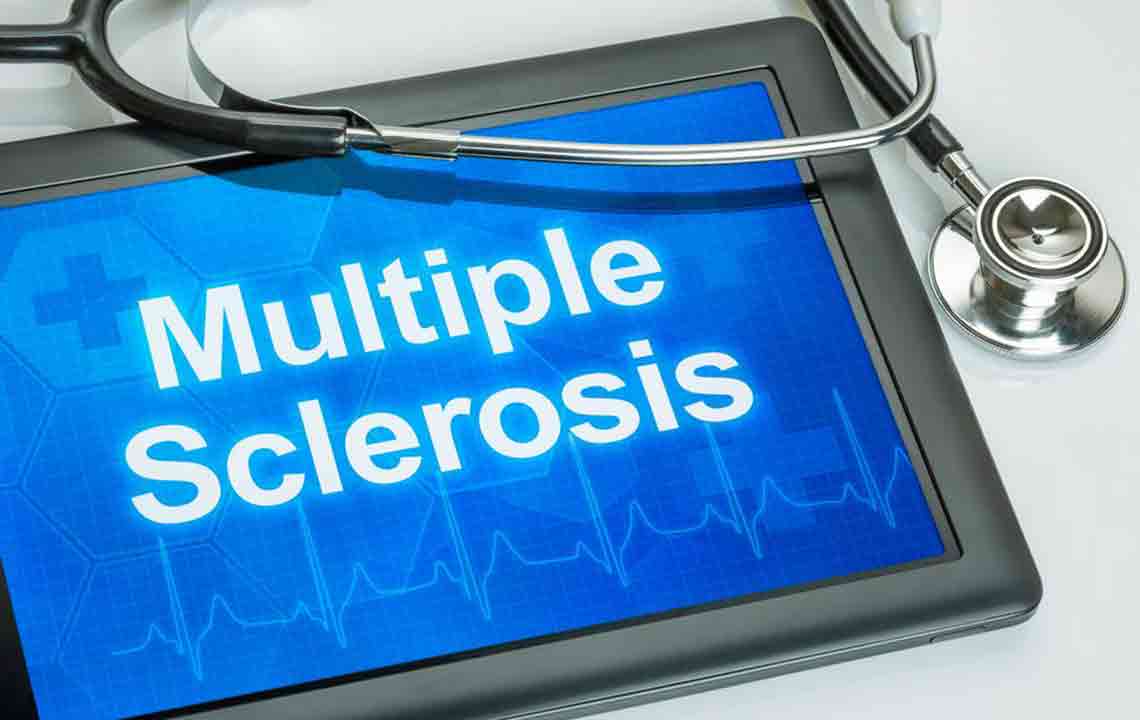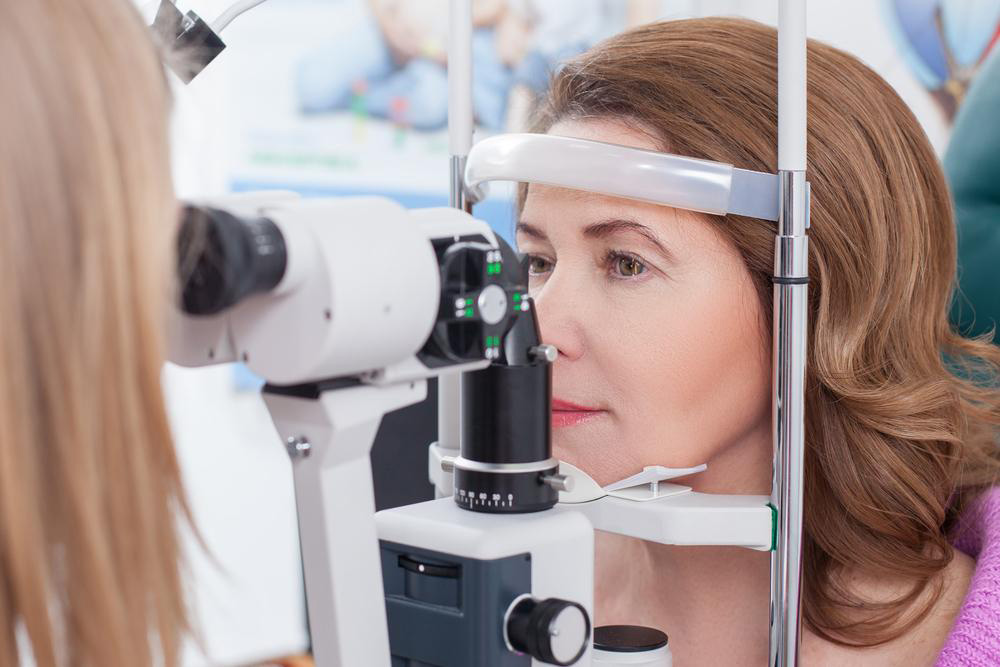Critical Insights into Sepsis: Symptoms and Treatment Strategies
Sepsis is a life-threatening condition caused by an overactive immune response to infection, leading to organ damage. Recognizing early symptoms like fever, rapid heartbeat, and chills is crucial for timely treatment. Severe cases may cause organ failure and require advanced medical interventions, including antibiotics, supportive care, and surgery. Vulnerable groups include infants, the elderly, and those with chronic illnesses. Prompt diagnosis and intervention significantly improve recovery chances.
Sponsored

Sepsis, though uncommon, poses a serious threat to health and can lead to multi-organ failure if untreated. It occurs when the body's immune response to an infection triggers widespread inflammation and blood clotting, damaging organs.
Who is at risk?
Anyone can develop sepsis, but certain groups are more vulnerable.
Infants and the elderly, due to immature or weak immune systems.
People with chronic illnesses like diabetes, cancer, or HIV.
Individuals who have recently experienced severe injuries or surgeries that introduce bacteria into the bloodstream.
Initial signs of sepsis
High fever accompanied by chills and shivering.
Rapid breathing and increased heart rate.
Unusual sweating patterns.
Heart rate exceeding 90 beats per minute.
If early symptoms are observed, prompt medical attention is essential for diagnosis and effective management. Recognizing these signs early can improve outcomes.
Severe symptoms of sepsis
Altered mental state, confusion, or disorientation.
Loss of consciousness.
Skin changes, such as discoloration or patches.
Difficulty breathing.
Reduced urination or kidney function.
Severe drop in blood pressure.
Low platelet levels.
Muscle and abdominal pain.
Sepsis Treatment Options
Early detection is vital for successful treatment. Doctors may administer antibiotics to eliminate infection, along with vasopressors if blood pressure drops dangerously low. Supportive therapies like oxygen, IV fluids, sedatives, pain relievers, or insulin for diabetics may be prescribed. In critical cases, surgery to remove infected tissue or abscesses is considered.






